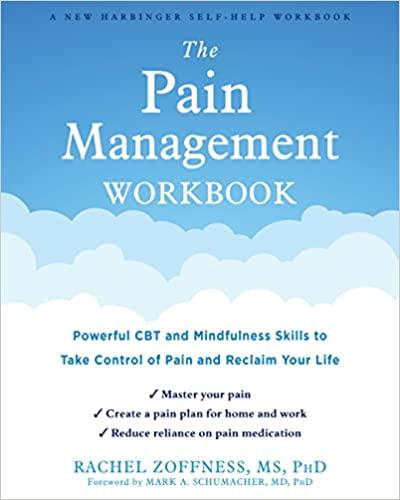Question
3. Unethical behaviour has led to the catastrophic collapse or weakening of long-standing companies. In the case of South Africa, the most dramatic collapse was
3. Unethical behaviour has led to the catastrophic collapse or weakening of long-standing companies. In the case of South Africa, the most dramatic collapse was Steinhoff International. Since its incorporation in South Africa, it had a close-knit team that was single-minded in its pursuit of profits and the internationalisation of the business.
There was a complexity to understanding what the purpose of Steinhoff International was and how it accounted for its phenomenal acquisition, which had unprecedented turnaround results almost always a sure telltale sign of all organisations with ethical lapses with an intention to obscure realities.
This silence at Steinhoff is resonant of the concept of "groupthink. Professor Cavaiola, a professor of counselling psychology at Monmouth University, elucidates this concept in one of his articles, saying the reasoning behind "groupthink" is that in highly cohesive groups, an esprit de corps dynamic often develops in which everyone adheres to the party line and anything to the contrary is viewed by the group as being derisive and designed to diminish the group's power.
A further characteristic of groupthink dynamics is that dissenting voices or alternative strategies are met with opposition and those who voice such views are often silenced or dismissed, much like Sherron Watkins was at Enron.
Perhaps the real difficulty of this collapse is the significant losses incurred, not only by institutional investors and rich South Africans but millions of ordinary people. There is also a reputational loss on business leaders, employees, pensioners, and other members of the world community.
The fall of Steinhoff brought to the fore a fundamental fallacy that moral lapses are mainly in the domain of government and the public sector. It also sent an uncomfortable signal that there is the possibility that not all wealth associated with the private sector is free of unethical practices.
What are the lessons to be learnt from the Steinhoff scandal? The fact that absolute power corrupts absolutely, the stewardship of running an organisation is premised on things that cannot be commoditised, such as character and moral responsibility. The personalities running the corporations should have a moral compass and demonstrate ethical leadership at all times, so they never place profits above everything else. Nor should a firm emphasise its product or service without any consideration of the values that drive the organisation.
Steinhoff also clearly demonstrates that the voice from the top matters what captains of the industry see as important filters down to the ordinary worker and forms the rubric of what the organisation is made of.
Above all else, in most organisations where there are unethical practices, there seems to be a perversive culture of bullying that makes junior employees not speak out whenever they have a sense that there are unsustainable unethical practices that reinforce the company's performance.
At some level of our consciousness, we should constantly evaluate what values drive our desired outcomes, especially in our responsibility of running profit-oriented enterprises. In South Africa, as demonstrated by the fall of Steinhoff, there is general "power failure" in the whole system and we need to recalibrate our ethical conduct as a matter of urgency.
We should also be cognisant of the fact that ethical decisions are taken by powerful individuals at a more personal level, where corporate systems and structures designed to underpin ethical conduct can be bypassed without any reprisals for the individuals involved.
(Extracted from: Thabe, W. (2020). Steinhoff debacle: Power failure in ethical leadership. (accessed 19 September 2023))
Task:
According to Section 19 of the Companies Act of South Africa, 2008, From the date and time that the incorporation of a company is registered, as stated in its registration certificate, the company (a) is a juristic person, which exists continuously until its name is removed from the companies register in accordance with this Act; (b) has all of the legal powers and capacity of an individual.
With reference to the case study, argue Steinhoffs accountability as a legal persona. Your answer must bear reference to the organisation as a legal persona, as well as the liabilities of its founders, shareholders, and employees as individuals within the organisation. (25 marks)
Step by Step Solution
There are 3 Steps involved in it
Step: 1

Get Instant Access to Expert-Tailored Solutions
See step-by-step solutions with expert insights and AI powered tools for academic success
Step: 2

Step: 3

Ace Your Homework with AI
Get the answers you need in no time with our AI-driven, step-by-step assistance
Get Started


